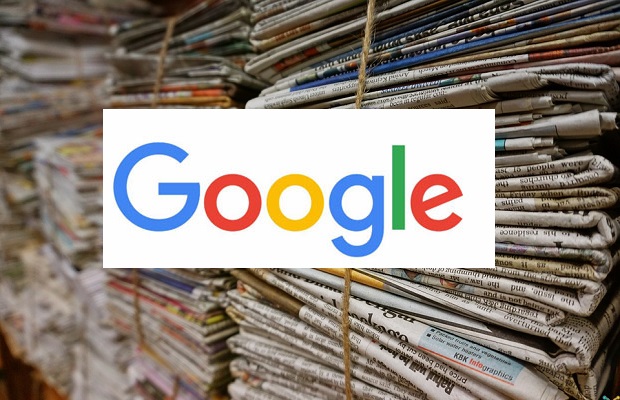Google has played down reports that it is planning on splitting revenues with publishers in exchange for subscriber aid.
Over the weekend, The Financial Times reported that Google has been in talks with major news organisations for some time about the possibility of applying data similar to that which it currently uses to target online ads to help the media customise subscription offers.
In an interview with the Financial Times, Google’s news chief Richard Gingras said the revenue split in any such model would be much more rewarding to publishers than the company’s advertising model, which gives 70 percent of revenue to websites.
The deal FT reported Google as offering to news publishers will reportedly be similar to the arrangement Google has with traditional advertisers through its AdSense business.
“We want to have a healthy ecosystem where we’ll benefit both as a society and with our business,” Gingras told the FT. “We are still working it out, we’re not experts in the subscription business, but the rev shares will be very, very generous.”
Responding to the reports Google spokeswoman Maggie Shiels told CNET: “We have not reached any conclusions on the revenue side. We haven’t reached any conclusions [regarding] subscriptions and need to speak to publishers.”
The move comes as Google moves to offer better search and ad solutions for news sites with paywalls. Bloomberg reported earlier this month that news search results for sites with paid subscriptions will no longer be demoted in Google search.
Dale Lovell, Chief Digital Officer and UK Managing Director at ADYOULIKE said: “Reports that Google might be prepared to share revenues with news publishers is another sign of the evolution of the race to monetise premium content. Currently, there is no hard and fast rule for publishers in maximising revenues from their content. However, options like native advertising, which has much higher engagement and ROI levels compared to other ad formats, do point to the future of monetizing content.”

